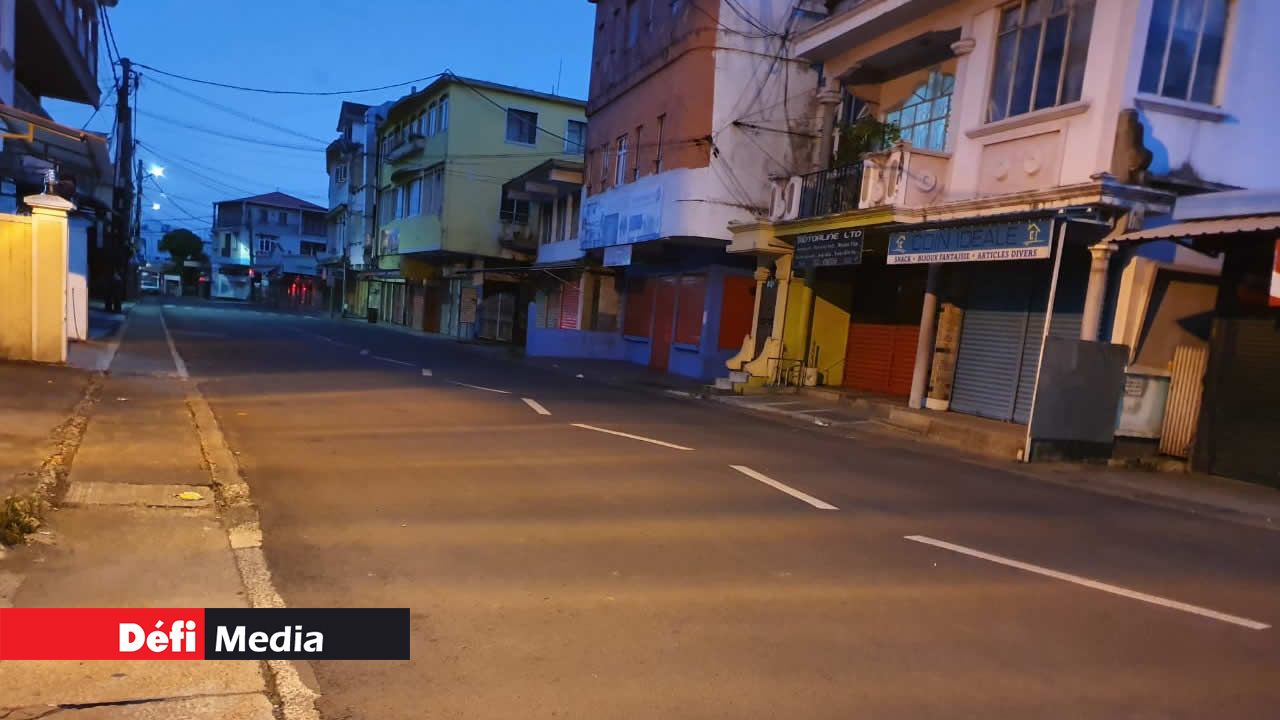
Due to the unsurprising increase in the number of contaminated cases and deaths under Covid-19, the country will be in continued lockdown for a further nineteen-day period. The government did not go against the grain: it opted to “protect public health” against the backdrop of a deteriorating socio-economic situation.
Framed in categorical dichotomic terms, this is a popular, common sense, even wise decision: who, after all, can argue public health against economic disruption, even social unrest. In real life, there is life itself and death. Except for numbers, socio-economic realities are often thought of as abstractions, since they are not construed in life and death equations, and most situations are proxied anyway by intangibles or hidden costs. Who cares for instance that toxic pollutants emanating from our public buses may cause hundreds of cancer cases over the years and eventually premature deaths? This is slow death and suffering, not dramatic deaths caused by spectacular accidents or calamities resulting into a (temporary) public outcry.
By the way, we don’t know how much suffering and deaths Covid-19 will cause over, in its hopefully not more than three to four months duration in Mauritius - if we take China or other deeply affected countries as living laboratories reference. Let’s hope that the more than one-month-long lockdown would quell the number of fatal road accidents during that same period. For those who might be interested, road accidents killed 64 persons between January to June 2019, or an average of more than 10 persons per month, as per the official figures of Statistics Mauritius.
The renowned author Thomas Sowell, closely associated with the conservative nexus Hoover Institution/Stanford University, remarks that even intellectuals tend to think in binary terms of problems and solutions when real life is often determined by trade-offs. A black messenger boy turned PhD, after studying at Harvard and Chicago universities, Professor Sowell has stunned conventional opinion in the United States by the results of his research. In a longitudinal study, the avowed ex-Marxist showed how welfare has been a curse rather than a push up for black American families, resulting into massive one-parent broken families, failing educational standards and aggravated poverty among this community.
Professor Sowell was attacked from different quarters, but chapter after chapter, as he quipped in his masterpiece, Intellectuals and Society, he is more concerned about empirical evidence than politically correct statements. Author of the classic textbook, now in its 5th edition, “Basic Economics”, he bemoans that well-intentioned people often overlook facts for moralistic reasons, for instance, favours distribution rather than the creation of wealth, forgetting in the process that there is no distribution without creation.
Unconventional truths are not popular, especially in times of crisis, when herd hysteria tramples facts and rationality altogether, and favours quick fixes over sustainable long-term solutions. When the damage is done, it’s often irreparable. This week, the independent and respected economist Swadick Nuthay states in Le Défi Plus « Un grand nombre de personnes ne se rend pas compte de la gravité de cette crise et de la récession économique sans précèdent qui se profile (…) un désastre économique qui entraînera une pauvreté généralisée et des troubles sociaux. »
The figures are indeed staggering. Jean Pisani-Ferry of the European University Institute has estimated that a month under complete lockout tantamount to a loss of 2% of GDP. As a proxy calculation, this could mean that more than 50% of Mauritian annual growth, estimated at 3,6% of GDP, is gone within a few weeks. Compared to public health concern, these figures are insignificant, and we should not care about them, except that their spiralling consequences will translate in massive bankruptcies, mass unemployment, and possibly social unrest as anticipated by economist Nuthay.
In fact, the murmurs of protest are fast gathering momentum. On private radio stations, people are crying their desperation in the face of the rising cost of consumables, if and when they are available. Examples: bread being sold at Rs 15 a piece in some quarters instead of Rs 2; vegetable prices have doubled or tripled overnight. It is funny to hear some “bien-pensants” calling for price control and repressive measures. As if in a situation of scarcity due to the absence of production, supply can automatically adjust to demand to equilibrate price. Good luck, this is like going against the law of gravity. For sure, prices of staple foods can be fixed, only when quantity and supply can be guaranteed by the State, but for the rest, except for glaring profiteering that has to be repressed by the consumer protection unit and the police, a return to normal pricing can only be achieved by normal production and supply.
By the way, one unsung hero among the frontliners, in this time of confinement, was the small planter, Prakash Caunhye, 47 years, killed on his farm on the 2nd of April while he was guarding his plantation against robbers. Let’s hope that this case is not a harbinger of things to come under economic recession. Our neighbours, South Africa and Madagascar, have been there. Lockdown or not, when the mob is hungry and angry, there may be terrifying knocks on the doors of deprived citizens and fat cats, alike.
Now that the authorities have put health and security logistics in place and MRA and Social security, among others, have registered names and numbers, let’s hope that everything will run more smoothly under the extension of lockdown. So that before long we escape the brackets of Covid-19, and its hovering insecurities, and are back to affront the daunting socio-economic reality.
Myth Buster
Publicité

Notre service WhatsApp. Vous êtes témoins d`un événement d`actualité ou d`une scène insolite? Envoyez-nous vos photos ou vidéos sur le 5 259 82 00 !




















![[Info Soirée] : « bizin pa negliz bann slow learners »](https://defimedia.info/sites/default/files/styles/square_thumbnail/public/thumbnail_190425.jpg?itok=J--MzK_k)
